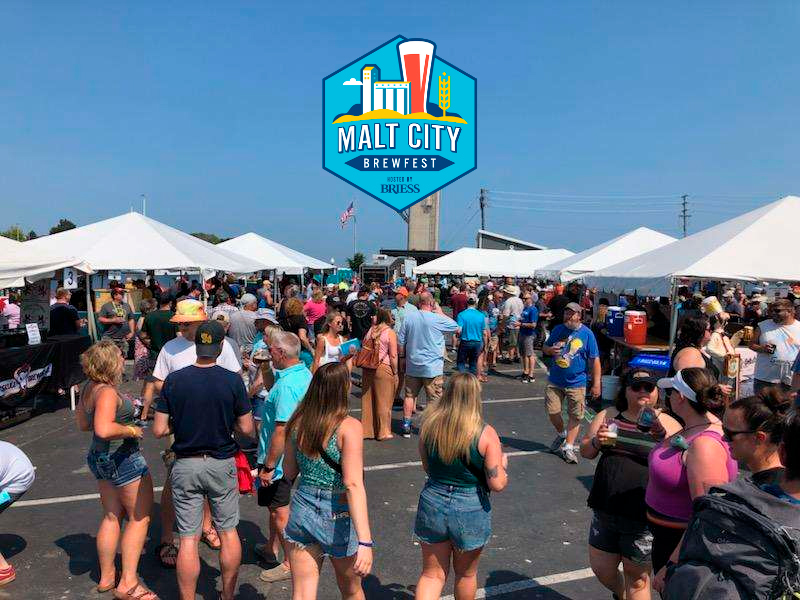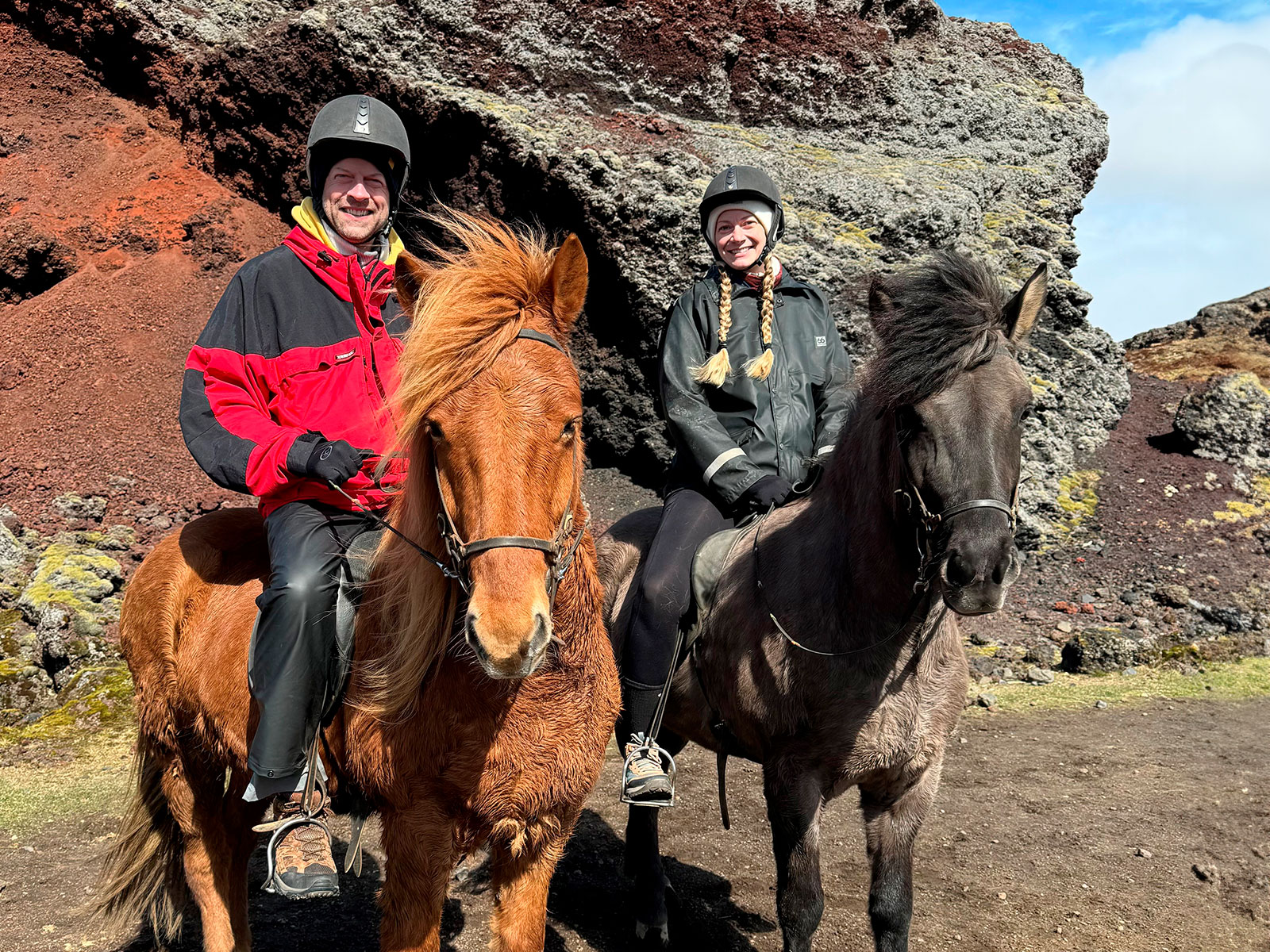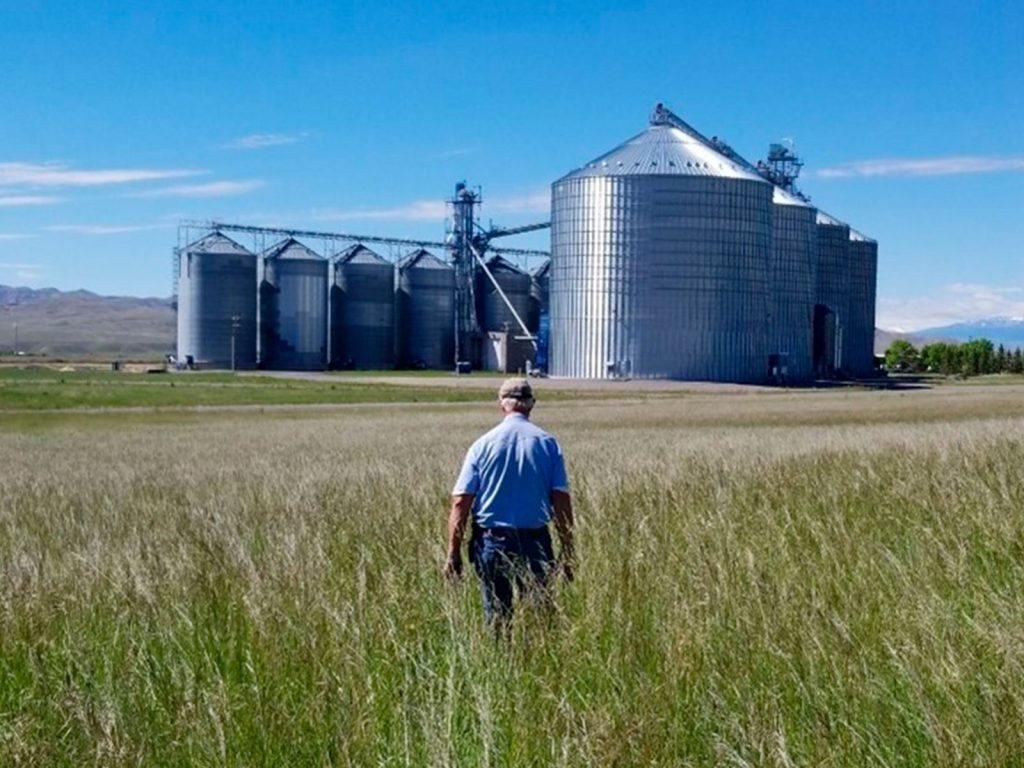
Congratulations!
Today is your day.
You’re off to Great Places!
You’re off and away!
Graduation season is upon us, and these first lines of Dr. Seuss’ 1990 “Oh, The Places You’ll Go!” will be read by many that are entering a new chapter of life. In general, the recipient may not know their full path ahead, the opportunities that will arise, or the people they will meet along the way. For those who gift this book, it can be a point of reflection for them, the paths they have traveled, where opportunities have led, and those people who have impacted their lives.
The month of May brought about my fifth anniversary with Briess and with that many of the reflections stated above. Reflecting on the vast number of decisions, variety of opportunities, and the thousands of individuals who have influenced where I am sitting here writing this today can be mind-boggling. When I speak to many in the malting and brewing community, many will agree that their path “just happened” – they met the right connection, said yes to an opportunity, and the rest is history.
A trip last month brought many of these thoughts front and center to life as I traveled to Pullman, Washington. You see, I was there to visit two close friends, Dr. Shaun Clare and now Dr. Matthew Brooke, for Matt’s PhD graduation commencement. The relevance to this Briess blog and my career as a maltster is that both conduct research at the Washington State University (WSU) barley breeding lab led by Dr. Bob Bruggeman. I met Shaun and Matt during my time at North Dakota State University well before I ever knew I would start a career path as a maltster, or their journeys in barley breeding and genetics at WSU began.
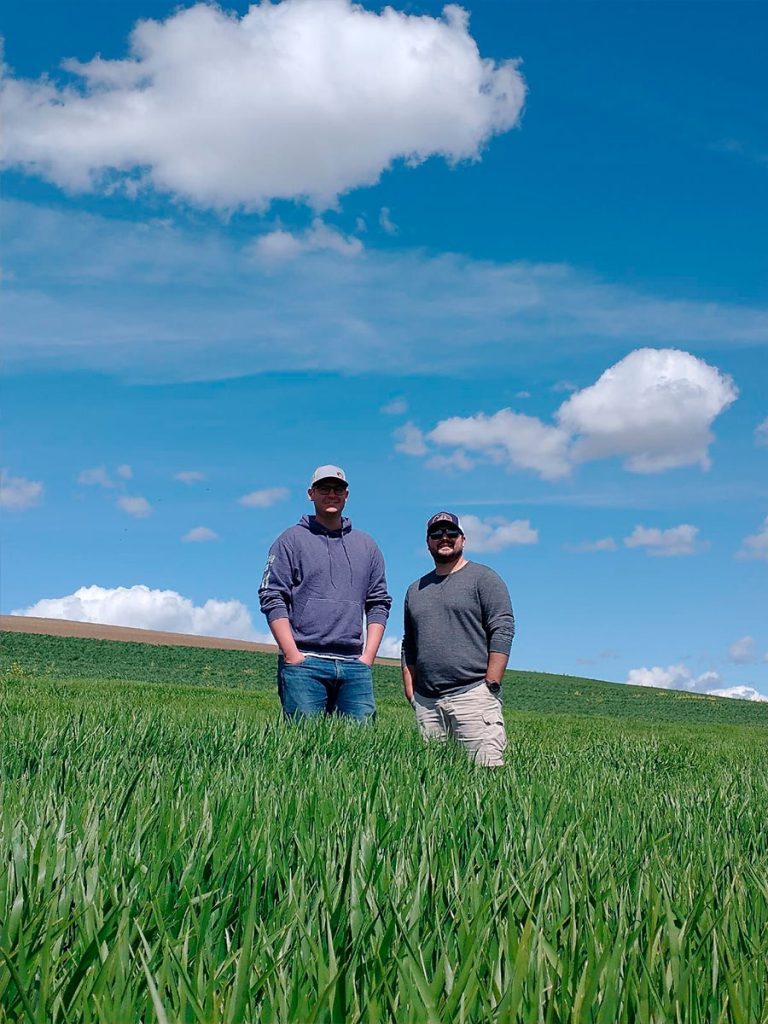
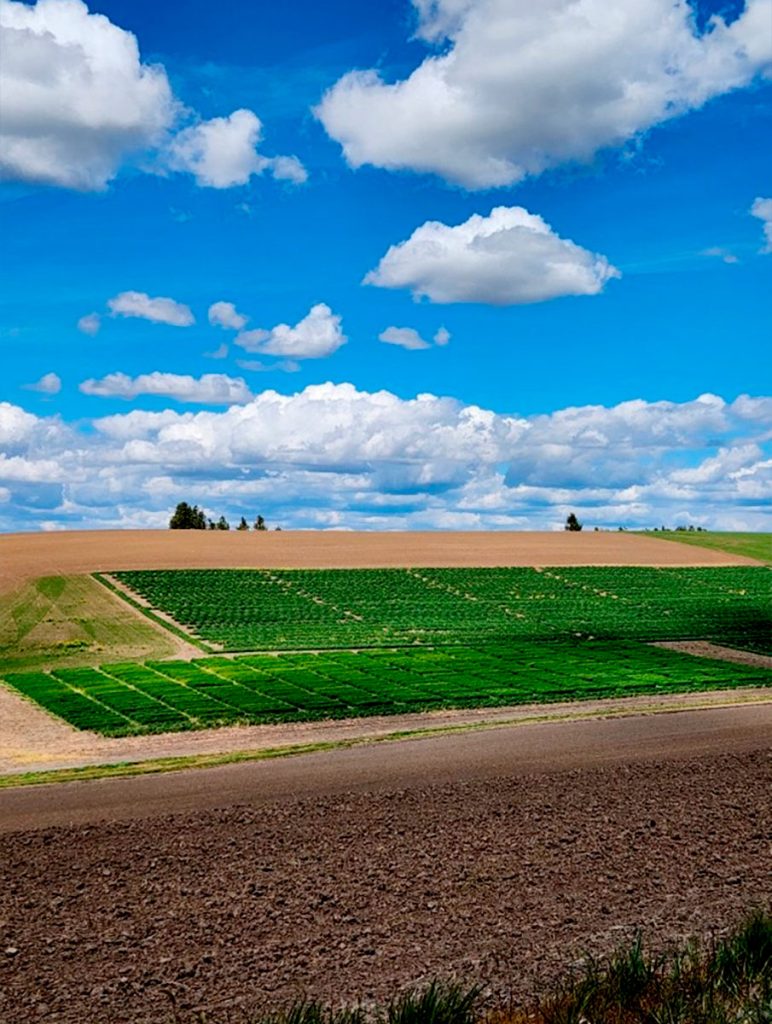
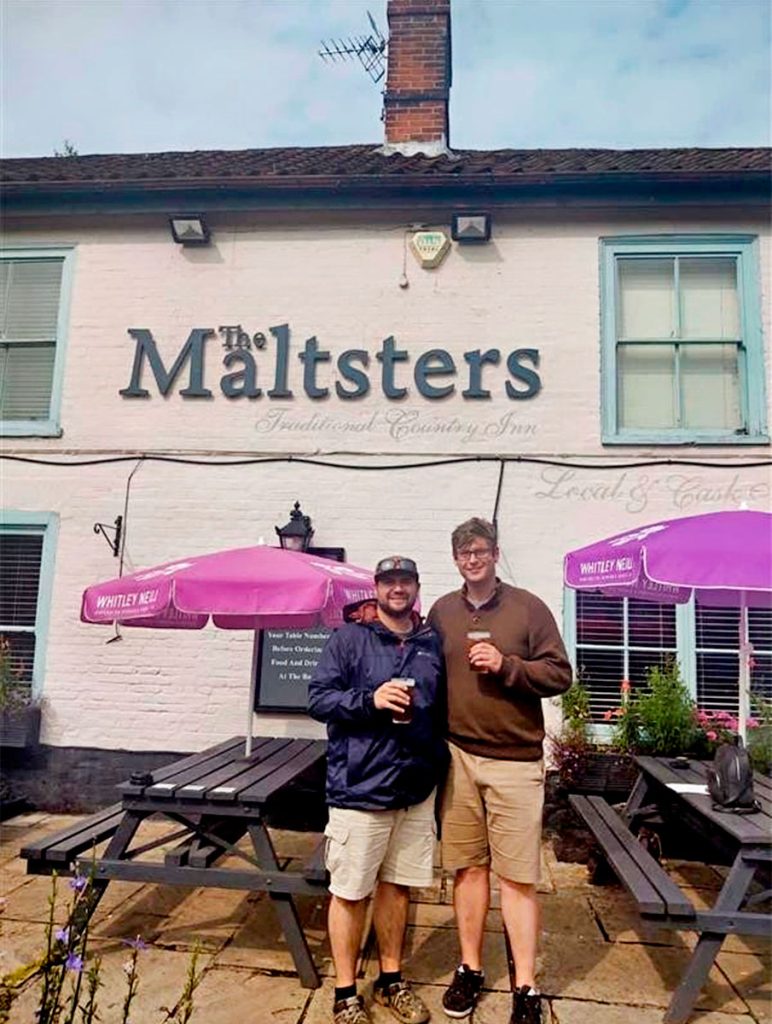
The world of barley is small…to have friends in that world, shrinks it exponentially. This was the perfect opportunity to mix vacation with work. I was given the opportunity to tour the WSU malt analysis lab, pilot malting program, as well as their spring and winter variety plot trials. Conversations lead to the progress of their breeding program, from mapping of resistance genes to diseases, such as stem rust of barley, to the development of non-GN varieties for distilling, as well as agronomically suited spring and winter barleys for their region. WSU is just one example of the many universities and public institutions across the country doing exceptional research in barley (and all other crops) to help us produce more with less and continue us on a path of a more resilient future. The brain power driving the research behind progress in agriculture across the world is truly an extraordinary triumph.
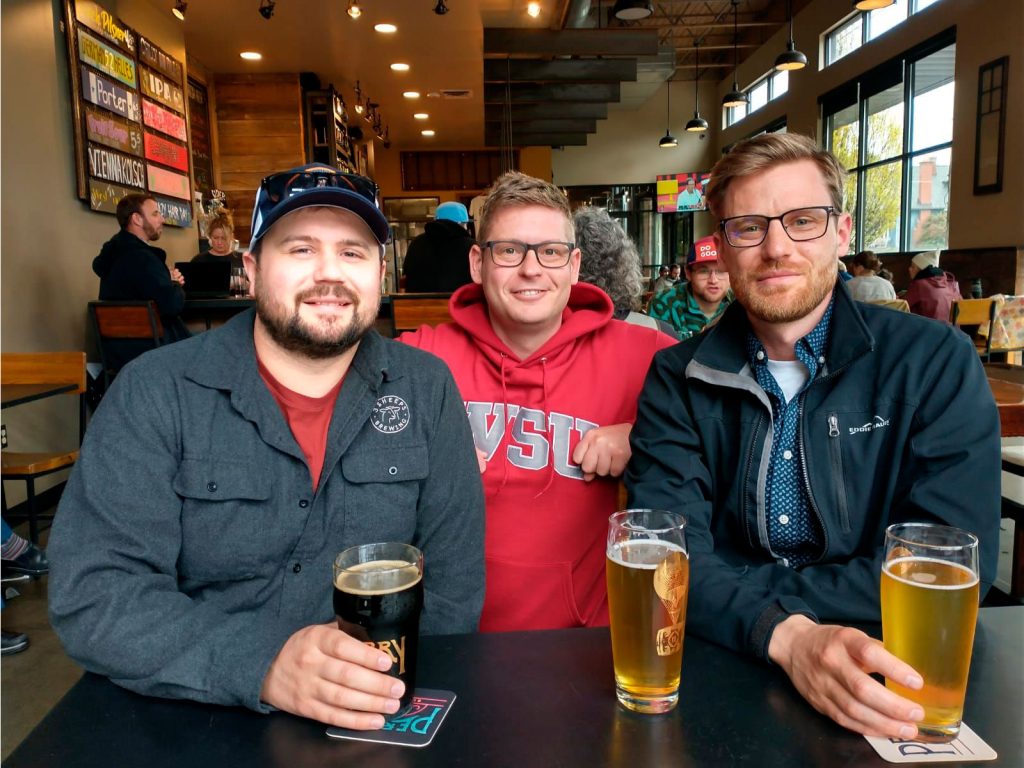
A documentary about Manitowoc, WI was playing in the background at the brewery.
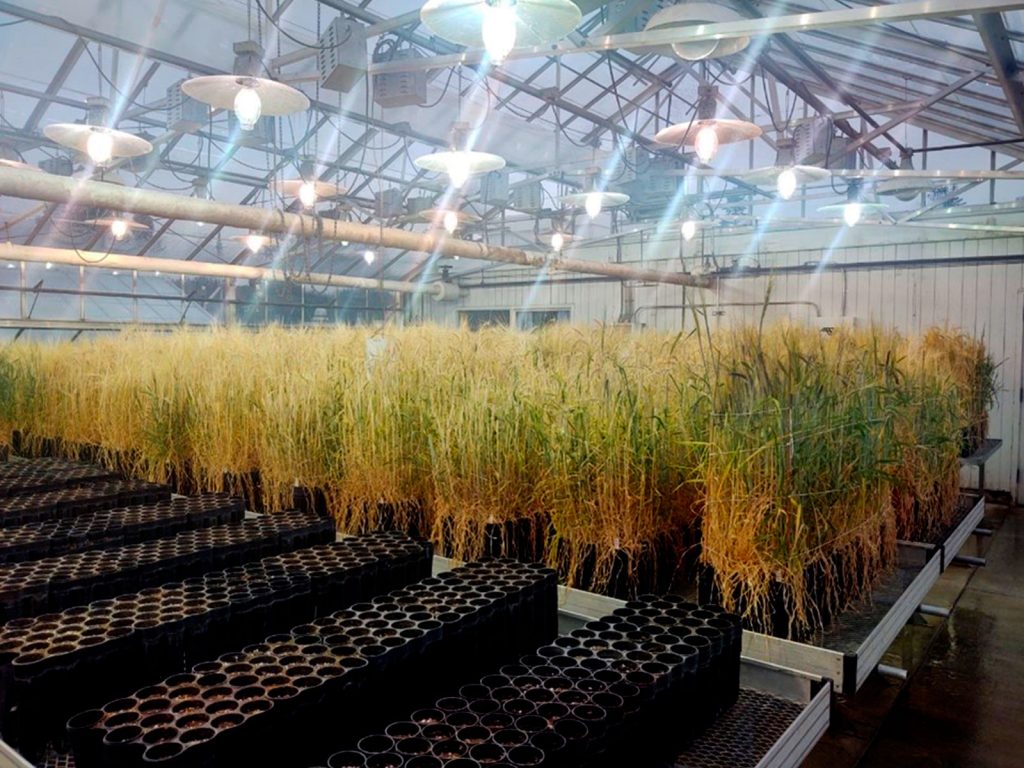
As I reflect, the first five years at Briess were a wild ride of learning, working with exceptional people, and even making a few mistakes along the way. Having the opportunity to work alongside those who produce our barley and malt, along with those who roast, load the trucks, unload the railcars, package, market, and transport it to our customers around the world is something I am eternally grateful for.
Below are five key lessons I have learned during my time in the malting industry that I feel worth sharing.
- By definition, making malt is simple. Making exceptional malt is very difficult
Take barley, add water, grow, and dry. Malt is simple, right? Just like anyone can make a bad homebrewed beer, it takes an exceptional amount of work and diligence to make a consistent drink-worthy beer. The same applies to making malt, every step of the way. - Confidence is good, overconfidence is not
Be confident in the things you know and be honest when you don’t. You could be the smartest one in the room; most likely you are not. Everyone has something to bring to the table. - Thank a farmer
In my opinion, farmers are one of the least appreciated demographics. Think of them next time you grab a pint or grill out with friends. Remember not to forget about the millions of others in agricultural roles from getting the ethanol into your car, that precious seed delivered, or those teaching the next generation of food producers. - Community, Community, Community
Build connections, touch base, and build community with others, both professionally and personally. The world is a small place and we’re all in it together. - Reputation is built in years, and destroyed in days
Act with honesty, integrity, and quality in mind. Reputation is hard to win back. - Eat right, exercise often, throw a few non-alcoholic beers into the mix
This was important enough to add this as an extra lesson, your mind and body will thank you.
I’m thankful for the opportunities and look forward to the places we will go.
Cheers to new chapters!
Barley fields photography credit: Gabriely Alfaro.

